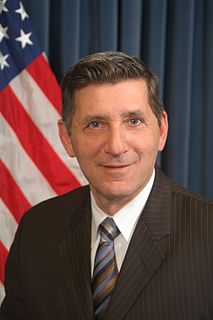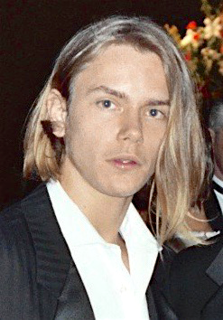A Quote by Maia Szalavitz
There's traditionally been two different ways of seeing addiction. Either it's a sin and you're a horrible bad person and you are just choosing to be hedonist or it's a chronic progressive disease. And while I certainly believe addiction is a medical problem that should be dealt with by the health system, the way we've conceptualized addiction as a disease is not actually accurate, and it has unfortunately become stigmatizing and it's also created a lot of hopelessness in a lot of people.
Quote Topics
Accurate
Actually
Addiction
Also
Bad
Become
Been
Believe
Certainly
Choosing
Chronic
Created
Dealt
Different
Different Way
Different Ways
Disease
Either
Health
Health System
Hedonist
Hopelessness
Horrible
Just
Lot
Medical
People
Person
Problem
Progressive
Seeing
Should
Sin
System
Two
Unfortunately
Way
Ways
While
Related Quotes
It seemed that the problem of Americans overdosing and dying from drug addiction was being described as bad people, particularly kids, who were abusing good drugs. But Sheila Nevins, the president of HBO Documentary Films, and I were particularly interested in finding out the stories of people and families who had been ravaged by this disease of addiction and understanding what really was happening. What we found was that, and let's not make any mistake about it, this is an epidemic of addiction.
Once and for all, people must understand that addiction is a disease. It’s critical if we’re going to effectively prevent and treat addiction. Accepting that addiction is an illness will transform our approach to public policy, research, insurance, and criminality; it will change how we feel about addicts, and how they feel about themselves. There’s another essential reason why we must understand that addiction is an illness and not just bad behavior: We punish bad behavior. We treat illness.
You could almost say that throughout human history there are people who can either foresee consequences or who are capable of looking for information and predicting the consequences will happen, but the vast majority of people won't respond to climate change until their city is underwater, food supply is disrupted or everyone around them is dying of zoonotic disease. It's almost like someone dealing with an addiction, like you hope that the person can overcome the addiction before the addiction kills them.
[T]he truth is that drug addicts have a disease. It only takes a short time in the streets to realize that out-of-control addiction is a medical problem, not a form of recreational or criminal behavior. And the more society treats drug addiction as a crime, the more money drug dealers will make "relieving" the suffering of the addicts.
I hope 'Warning: This Drug May Kill You' documentary helps to show the humanity of the people who are struggling with the brain disease of addiction because that is what this is - this isn't about bad people, this is about good people who became addiction oftentimes in the process of being prescribed medication for pain.
I felt that if people understood the struggle of recovery, then some of the stigma of addiction might be reduced because the audience would understand in a palpable way that addiction is a disease that tells the afflicted, despite years or even decades of heartbreaking evidence to the contrary, that using will make things better.






























